Newly appointed professors at the University of Augsburg
We introduce seven recently appointed professors to the University of Augsburg for the beginning of the new semester.
The surgical and interdisciplinary treatment of brain tumours is Prof. Dr. Felix Behling’s main area of research. He conducts research into how tumours grow into surrounding brain tissue and develops new criteria for their classification and prognosis. The aim is to more precisely tailor individual therapies to the biological characteristics of the tumour. Clinically, his research focuses on the treatment of brain tumours and tumours of the central nervous system that often require complex surgery. He therefore focuses on surgical processes with increased precision and safety. Interdisciplinary cooperation is thereby very important to him in neuro-oncological patient care as well as in research and teaching. Behling is a neurosurgeon and was most recently a senior physician at Tübingen University Hospital. There he led a neurosurgical oncology outpatient’s clinic and represented neurosurgery on the interdisciplinary tumour board of the Comprehensive Cancer Center Tübingen-Stuttgart. He previously completed his specialist training there. Behling studied human medicine in Göttingen. Since 2020, he has led the working group for translational oncological neurosurgery and is the author of many scientific publications. Prof. Dr. Matthias Heck concentrates on prostate cancer in his research. He researches biomarkers that are relevant for diagnosis and therapy. He also brings a translational approach to transmit research results more quickly into everyday clinical practice. His research is closely connected with clinical work and aims to enable individual optimised treatment for each patient. Heck possesses extensive experience in complex uro-oncological surgery, as well as in open and minimally invasive robot-assisted surgical procedures. Heck is a urology specialist and was previously leading senior physician as well as deputy clinical director at the Clinic and Polyclinic for Urology at the TUM Klinikum Rechts der Isar. In 2022, he was appointed adjunct professor there. Heck studied human medicine in Heidelberg and obtained his specialist qualification in urology at the Technical University of Munich. He completed his habilitation in urology in 2016, also in Munich. He is well connected to national and international professional circles. Prof. Dr. Karsten Lambers’ teaching and research is dedicated to the question of how digital imaging and computer-assisted evaluation methods can expand and deepen research in the humanities. His focus is on imaging techniques in the humanities, particularly in archaeological remote sensing, image-based documentation and research of cultural heritage, and the development and application of machine learning methods for the (semi-)automated recognition of relevant patterns and structures in extensive digital data sets. His aim is to establish image-supported analyses as a basis for the interpretation and management of cultural heritage. In his work, he combines approaches and methods from archaeology, digital humanities, art and art history, geological and environmental sciences, as well as computer science. The chair was established at the University of Augsburg in the context of Bavaria’s High-Tech Agenda (HTA). Lambers previously held the position of Professor for Digital and Computational Archaeology at Leiden University in the Netherlands. Prior to that, he held a junior professorship in information processing in geoarchaeology at the University of Bamberg. He was also a research fellow at the University of Konstanz and research assistant at the German Archaeological Institute in Bonn as well as at ETH Zurich. After studying Ancient American Studies, Prehistory and Early History, and Spanish in Bonn, he completed his doctorate at the University of Zurich on the Nasca geoglyphs of Palpa (Peru). He and his colleagues have twice been awarded the EUROPA NOSTRA Award for their research work. University laboratory medicine, digitalisation, and data-based research are the focus of Prof. Dr. Alexander Leichtle's work. He is particularly interested in how routine hospital data can be better used for diagnostics and therapy with the help of modern statistics and Artificial Intelligence. In Augsburg, he is setting up a new unit for mass spectrometry, which will both expand clinical diagnostics and enable scientific projects. In doing so, he is working closely with the faculty’s medical information sciences research focus. Leichtle most recently worked at the Cantonal Hospital in Baden. Prior to that, he worked at the Inselspital Bern as a senior physician and scientific director and played a key role in establishing the Biobank Bern. He then took over as head of the Swiss Transplant Cohort Biobank and is an associate professor at the University of Bern. He completed his medical studies at Ludwig-Maximilians- Universität in Munich and his specialist training in laboratory medicine at the University of Leipzig’s Medical Center. His awards include the Zeise Doctoral Prize from the University of Leipzig and the Publication Prize from the Metabolomics Society. He is active in numerous scientific committees and has been involved in raising extensive third-party funding. Subject-specific teaching and learning in connection with German language, literature, and media are the focus of Prof. Dr. Christel Meier’s professorship. Meier understands German didactics as a transdisciplinary, application-oriented field of study with a wide range of related disciplines, which combine subject-specific and educational perspectives and research methods. Her research focuses on empirical work related to language and literary-related skills among school students, empirical teaching research, research on teacher professionalism, reading promotion, and children’s and youth literature. Meier previously worked at Friedrich-Alexander-Universität Erlangen-Nürnberg (FAU), where she taught and conducted research as a senior academic counsel at the Chair of Didactics of German Language and Literature. In 2019, she completed her habilitation there on the topic of “Facets of Competence in Literary-Aesthetic Language Reflection,” for which she received the Habilitation Award from the Faculty of Philosophy. She has held substitute professorships in Erfurt and at Dresden University of Technology, worked as an editor for the Robert Bosch Foundation in Poland, and as a senior teacher in Nördlingen. She completed her studies in German and history for teaching at secondary schools in Erlangen and Rome and received her doctorate from Friedrich-Alexander-Universität Erlangen-Nürnberg. Meier is a member of the editorial board of the Journal for Linguistic-Literary Learning and German Didactics (SLLD-Z). Prof. Dr. Nadine Klass’s research focuses on copyright and media law, particularly at the interface between civil and constitutional law, with an emphasis on the tension between personal rights, freedom of expression, and artistic freedom. Her work is influenced by current developments in the media landscape and is often characterised by interdisciplinary references, particularly involving communication and media studies, sociology, and empirical social research. She is currently focusing on the legal implications and changes brought about by Artificial Intelligence in the media sector. Klass previously conducted research and taught at the University of Mannheim, where she held the Chair for Civil Law, Intellectual Property Rights Law, Media Law, and Civil Procedural Law and served as vice-dean and dean of the Faculty of Law and Economics. Prior to that, she was a professor of civil law and commercial law at the University of Siegen. Her earlier academic positions were at the Max Planck Institute for Innovation and Competition in Munich and Ludwig-Maximilians-Universität in Munich. Klass studied law at the Universities of Würzburg and Padua (Italy) and obtained her doctorate as part of the DFG-funded research training group “European Protection of Personality Rights” at LMU Munich. She also completed an LL.M. (by thesis) at Victoria University of Wellington (New Zealand). She is co-director of the Institute for Copyright and Media Law (IUM) in Munich, co-editor of the journals ZUM, ZUM-RD and UFITA, and a member of the scientific advisory board of the Mainz Media Institute and the Institute for Media and Communication Law (IMKR) at the University of Siegen. The Medical Director of the Hessing Kliniken, Prof. Dr. med. Stephan Vogt, will represent the field of surgical and conservative orthopaedics in teaching in future. The full professorship at the Faculty of Medicine is linked to the deputy and thus operational management of the orthopaedic university outpatient clinic, which was established at the Hessing Kliniken last year. Vogt’s research focuses primarily on the healing of cartilage, bone, tendon, and meniscus tissue. In addition to tissue regeneration, he is also working on tissue replacement (tissue engineering). Other areas of research include investigations into regional bone blood flow, biomechanical measurements on various joints, and simulation of knee kinematics in finite element models. Vogt received his doctorate from the Universität-Gesamthochschule Essen in 1999 and his habilitation in orthopaedics and trauma surgery from the Technical University of Munich in 2009. A scholarship from the German-speaking Working Group for Arthroscopy led him to work-related stays in the United States in 2010. In 2015, he was appointed adjunct professor at the Technical University of Munich. Since 2012, he has been chief physician at the Hessing Klinik für Sportorthopädie, Arthroskopische Chirurgie und Schulterchirurgie (Hessing Clinic for Sports Orthopaedics, Arthroscopic Surgery and Shoulder Surgery) and, since 2015, medical director of the Hessing Kliniken. Vogt is also a specialist consultant for the Bavarian Medical Association, has numerous additional qualifications, and is a member of the relevant professional societies and associations, including the Guidelines Commission of the German Society for Orthopaedics and Trauma Surgery.
Email:
corina.haerning@presse.uni-augsburgpresse.uni-augsburg.de ()
Prof. Dr. Felix Behling – Translational Oncological Neurosurgeon, Faculty of Medicine
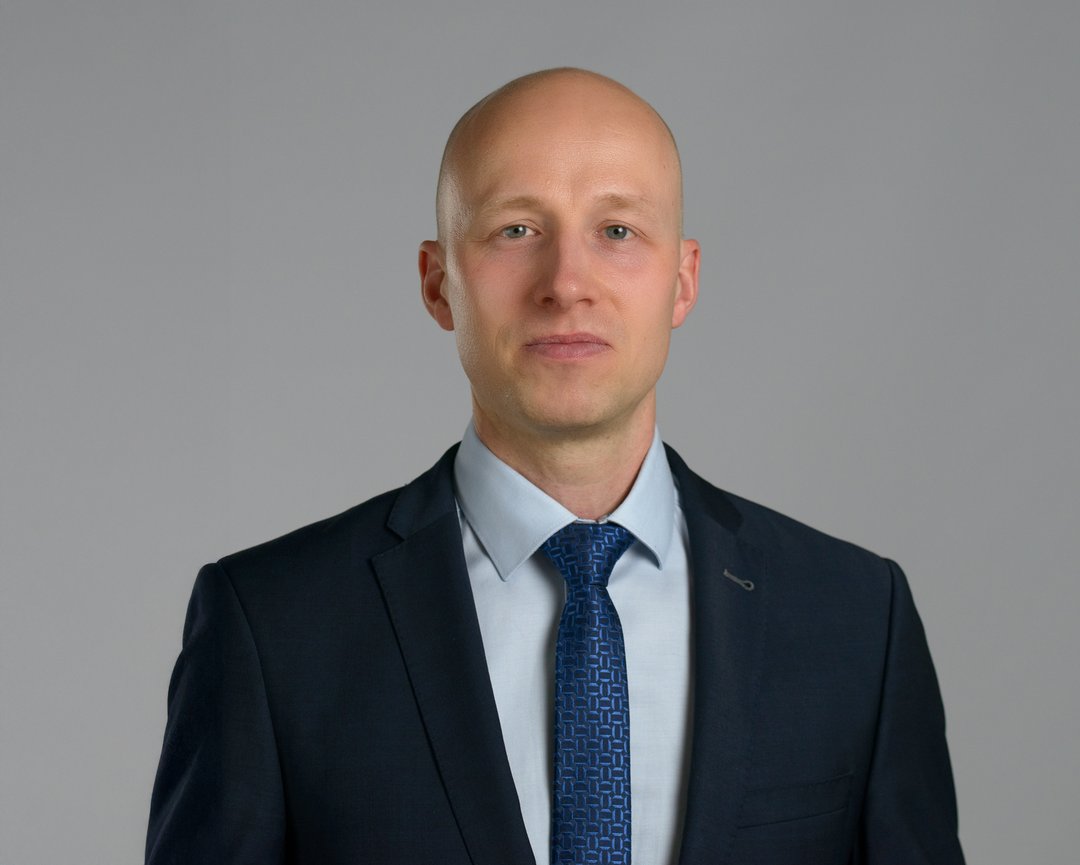
Prof. Dr. Matthias Heck – Urology, Faculty of Medicine
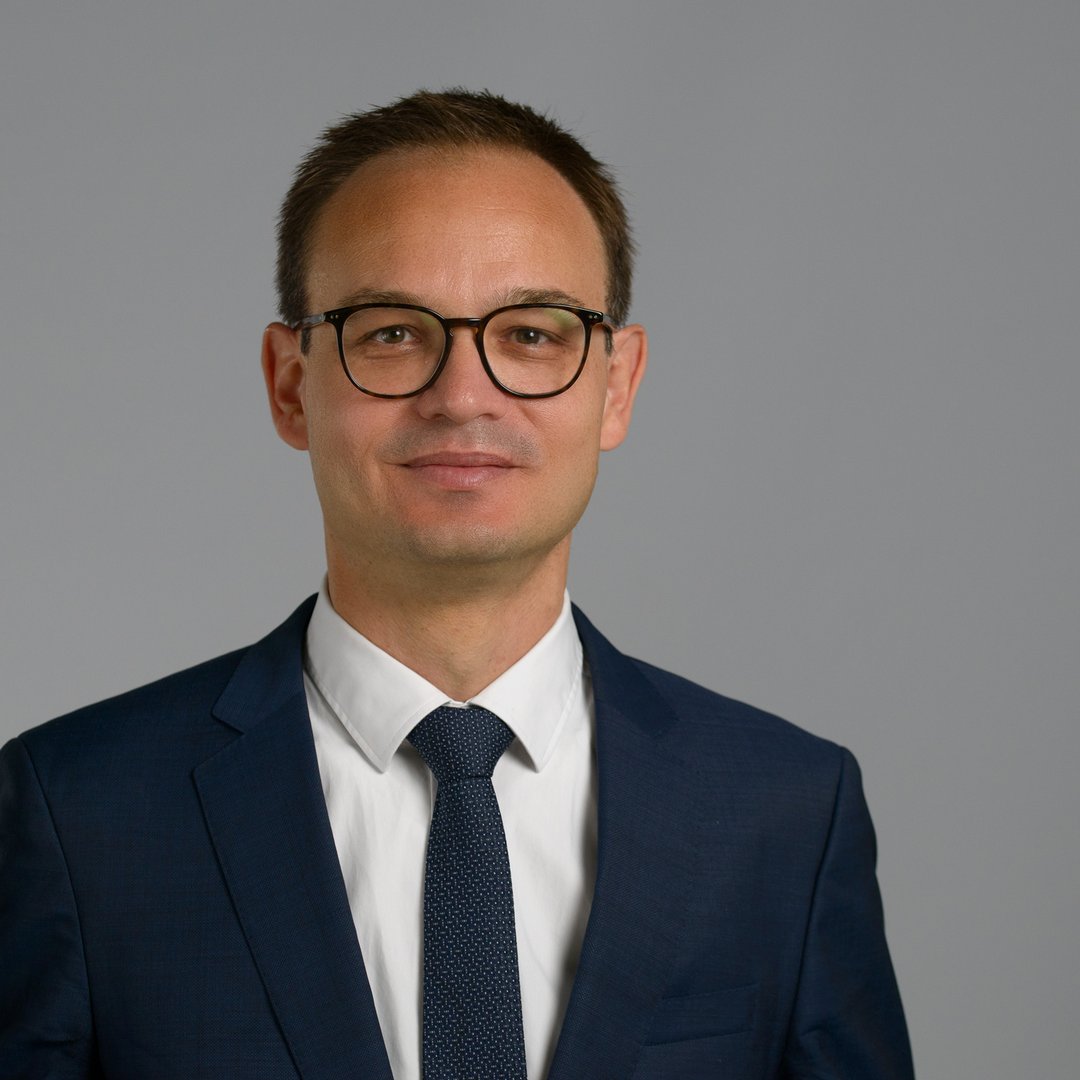
Prof. Dr. Karsten Lambers - Image Processing and Visualization in the Digital Humanities, Faculty of Philology and History
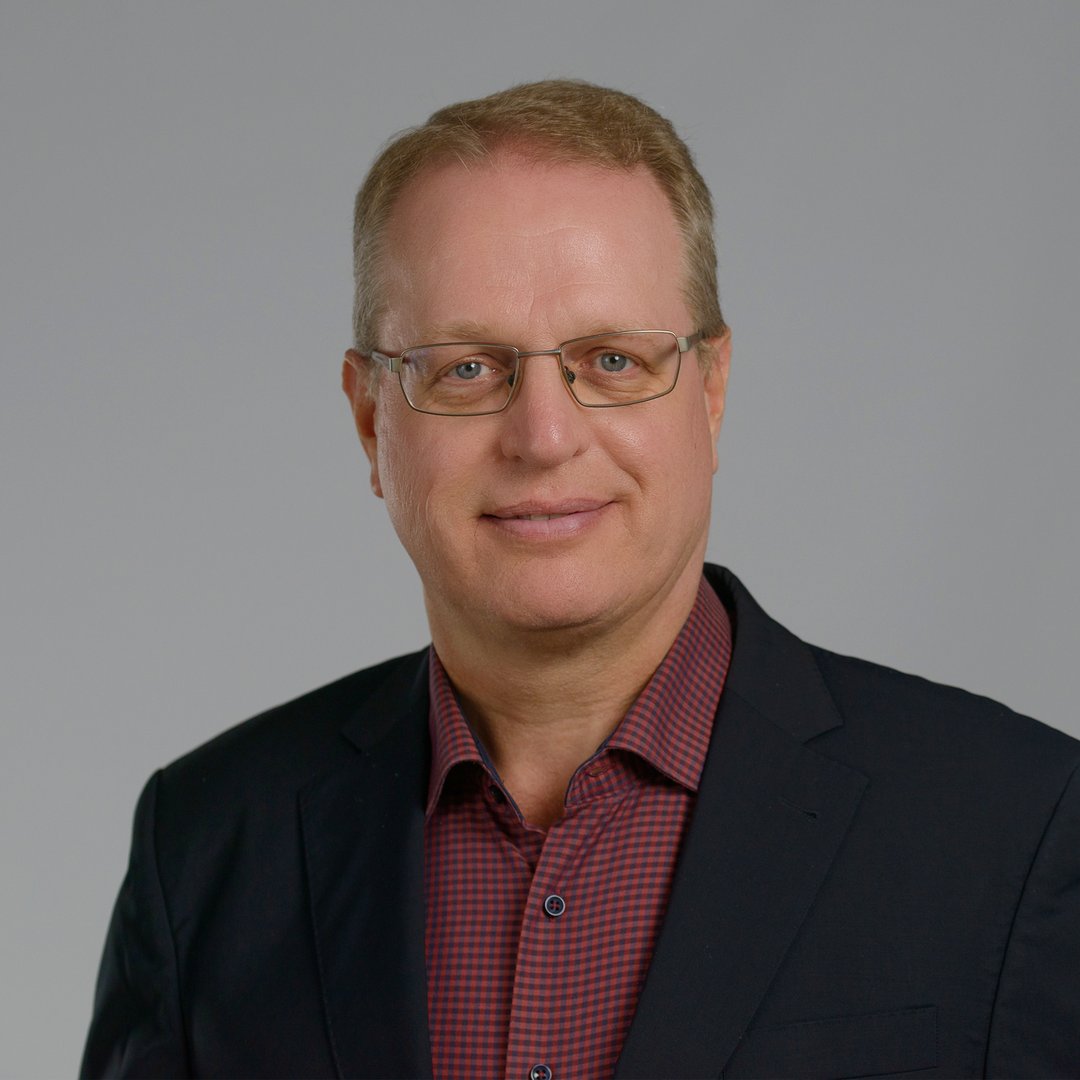
Prof. Dr. Alexander Leichtle – Laboratory Medicine, Faculty of Medicine
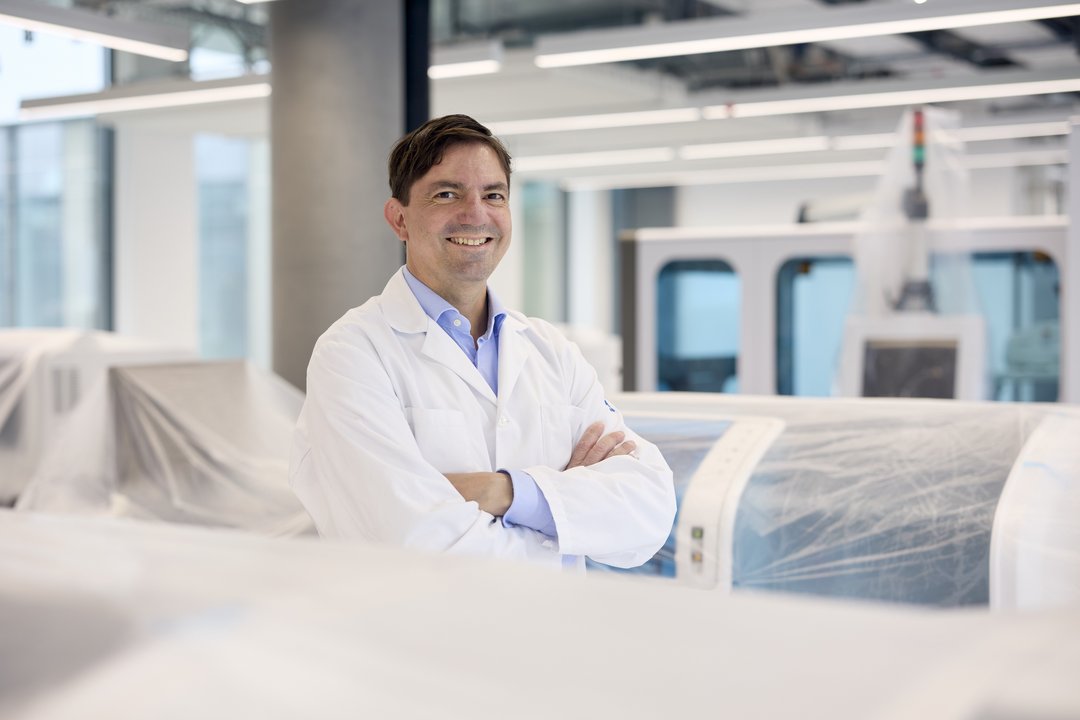
Prof. Dr. Christel Meier – German Didactics and Literature, Faculty of Philology and History
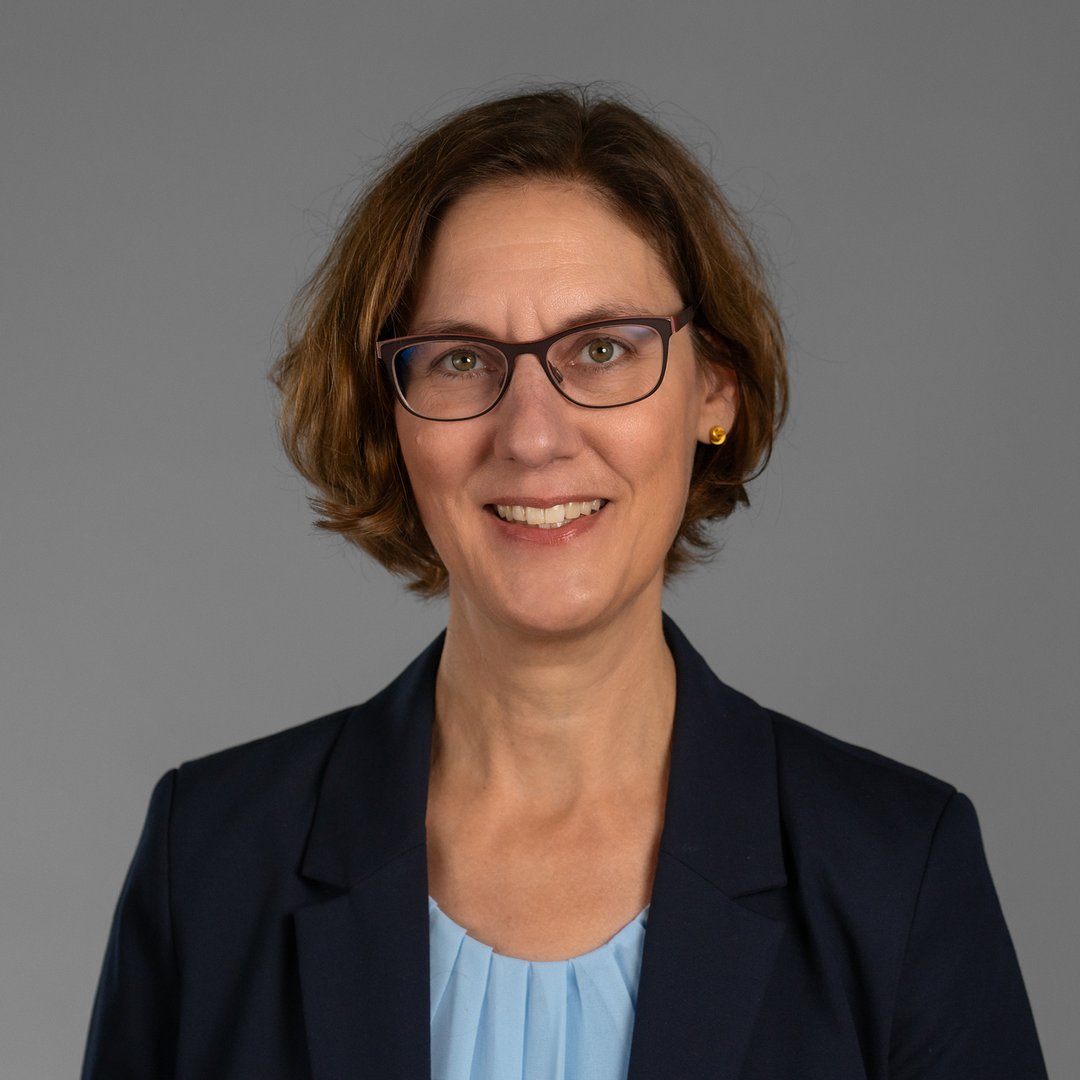
Prof. Dr. Nadine Klass – Civil Law, Industrial Property Rights and Copyright Law, Faculty of Law
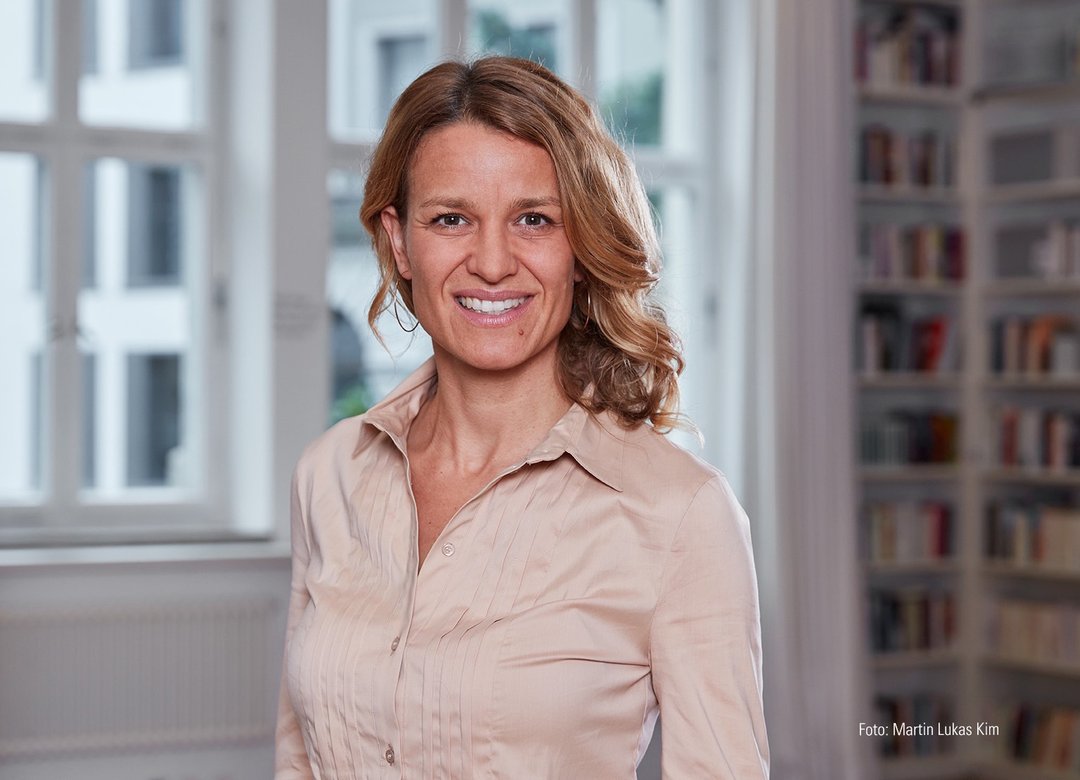
Prof. Dr. Stephan Vogt – Orthopaedics and Orthopaedic Surgery, Faculty of Medicine
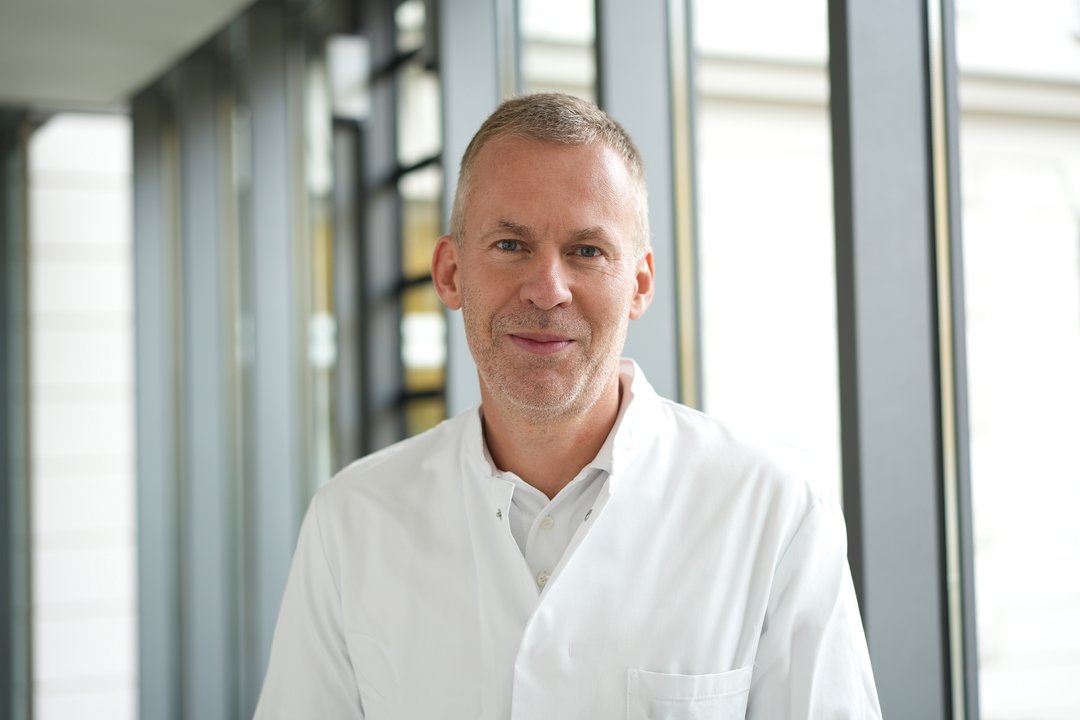
Media contact
